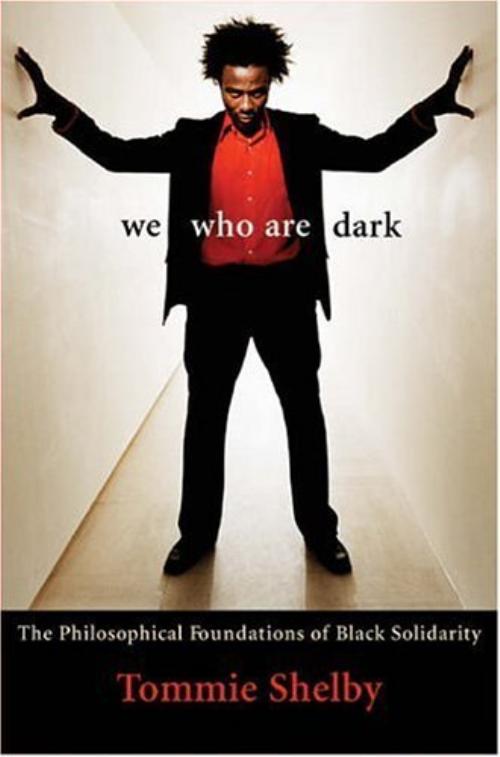By Tommie Shelby
Out Now
Belknap Press
Kanye West raised a ruckus in September when, at a Hurricane Katrina telethon, he said: “George Bush doesn’t care about black people.”
The remark sparked a response from many right wingers, including pro-Bush rap rival 50 Cent. But West’s comment is controversial for a second—less apparent—reason. As the Loeb associate professor of the social sciences, Tommie Shelby, demonstrates in his first book, “We Who Are Dark,” the term “black” is difficult to define. Even if Kanye is correct, it’s not quite clear who Bush hates.
So-called “black” people run a wide range of skin pigments, music tastes, and cultural heritages. However, they do share, according to Shelby, a common experience of suffering anti-black racism—and they share a common goal of eradicating it. Any further attempt to place qualifiers on “blackness” will just limit the number of people pursuing this goal.
Shelby agrees with this characterization of black solidarity as a political identity rather than an ethnic or cultural one. Exploring the historical foundations of black solidarity, Shelby urges readers to question the significance of this solidarity in the complex world of post-Civil Rights era America.
Shelby, who taught the popular sophomore course Social Studies 10 last year, knows how to talk philosophy without putting his audience to sleep. Shelby’s writing style, although very methodical in its presentation and analysis of previous calls for African-American unity, has a compelling, discursive tone that compels readers to eagerly follow his argument over the course of 256 pages.
The book traces the history of Black Nationalism from Union Army officer Martin Robinson Delany, who advocated black separatism, to Black Panther leader Stokely Carmichael. But Shelby goes beyond defining the role of black solidarity in past struggles and explores how these different approaches to black unity can be modified and molded into a working framework for blacks living in post-Jim Crow America.
Despite the originality of Shelby’s interpretation of black solidarity throughout the ages, the first 100 or so pages of the book are a bit dry. In this portion, the book reads more like a musty encyclopedia—defying the hip image conveyed by the young red-shirted man who poses with outstretched arms on the cover. I admit, I found myself feeling as though I were reading an overlong introduction to an Expos 20 paper. Indeed, I wondered when Shelby would move beyond setting up his argument and actually advance it by adding a new dimension to the historical facts.
Beyond this historical introduction, Shelby’s personal voice shines through, and the remaining 156 pages of the book fly. I was impressed by Shelby’s presentation of the diversity within the African-American community: he shows how his political conception of black solidarity embraces homosexuals, feminists, mixed-race individuals, and members of various socioeconomic groups.
By refusing to portray African-Americans as socioeconomically or culturally homogenous, and by crafting a conception of black solidarity that could appeal to individuals of diverse political beliefs, Shelby enlightens readers to the difficulty that inherently arises in finding sufficient commonalities for black solidarity.
While Shelby refuses to espouse a single course of action that blacks should take to create political solidarity, he does suggest that blacks should look beyond commonly held conceptions of “black” for their basis of solidarity. Instead, they should unite around their common political interests, which, according to Shelby, include fighting the lingering presence of anti-black racism in American society.
It is Shelby’s organized and thoughtful argument in “We Who Are Dark” that compels readers to reexamine the condition of an America where overt racial injustice has been eradicated and veiled racial injustices abound. While the book is about the evolving status of black solidarity in America, it also opens the channels for discussion about the important role that racism plays in the lives of all Americans—not just blacks.
In the end, Shelby shows that an individual need not agree with Kanye West politically—or even appreciate hip-hop music—to join in black solidarity. But, as West’s remark suggests, racism lingers at all levels of American society (as demonstrated so powerfully in the aftermath of Katrina), and Shelby rightly suggests that black solidarity can be vibrant even if it is narrowly tailored to combat that prejudice.
Read more in Arts
Light Touches Sparkle in 'You Never Can Tell'













